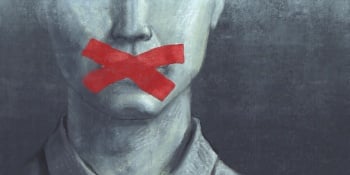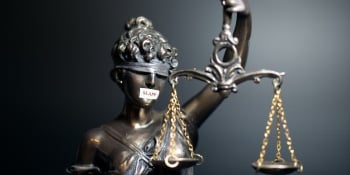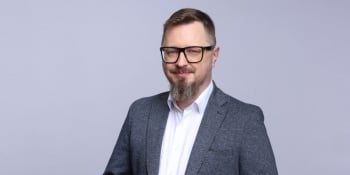Published: 27.09.2019
Many Internet users face the problem of censorship in social media. This was the focus of the debate organised by the Ordo Iuris Institute as part of the Warsaw conference of the Organisation of Security and Cooperation in Europe. Lawyers and journalists from Poland and abroad took part in the event.
During the meeting, insights into censorship on the Internet were provided by Jolanta Hajdasz, PhD (Association of Polish Journalists), Paweł Lisicki ("Do Rzeczy”, wSensie.tv), Cezary Krysztopa ("Tygodnik Solidarność"), Krzysztof Łuksza (wRealu24.pl), Łukasz Karpiel (PCh24.pl), and Varro Vooglaid, an Estonian lawyer and columnist. It was noted that modern censorship in social media is ever more frequently assuming an economic dimension. Apart from merely blocking or removing content, the administrators of social platforms go as far as to restrict monetisation, i.e. they prevent the possibility of earning money on content that arguably "does not meet the standards".
The speakers also emphasised that almost solely conservative content is censored. While censoring content, platform administrators often use the imprecise term of "hate speech." In many cases, Internet users do not receive any feedback about the reasons for removing the materials they posted.
The debate was opened by attorney Jerzy Kwaśniewski.
"Freedom of speech and freedom of assembly are one of the fundamental freedoms of democratic societies. They guarantee a proper process legitimising the system, legitimising public authority and its exercise," underlined the President of Ordo Iuris.
The mechanism of censorship employed by the owners of Facebook and YouTube was described by Tymoteusz Zych, PhD, Vice-President of the Ordo Iuris Institute. He also made a case for introducing appropriate changes into legal regulations in order to guarantee the freedom of speech in social media.
"Access to information is determined by social media. This sphere undoubtedly needs legal regulations," noted Zych.
Attorney Tomasz Piotr Chudzinski, in turn, discussed current legal tools that may be used in response to the unlawful removal of content posted in social media.
"In Poland, the right to freely express one's views is considered a personal right. If social media use censorship, the personal right of the user who posted specific content is violated," he stated.
The debate was part of the Human Dimension Implementation Meeting - an annual conference on human rights and democracy, the largest in its kind in Europe. The representatives of Ordo Iuris participate in the conference every year

24.04.2024
Mysterious links, the Kremlin, Catholic fundamentalism – Polish pro-abortion activist Klementyna Suchanow continues her crusade against her country’s main pro-family, anti-abortion lawyers’ organization, the Ordo Iuris Institute.

19.04.2024
· A draft directive on combating violence against women is being discussed in the European Parliament.
· This draft may raise concerns due to its extremely broad definition of ‘violence’, as well as the government’s mandate to censor ‘offensive’ online content or its obligation to combat ‘harmful gender stereotypes’.
· The directive may also entail a restriction of the presumption of innocence in cases of sexual offences, by indirectly presuming a man’s guilt.

22.03.2024
A few weeks ago the European Parliament adopted a directive on „protecting persons who engage in public participation from manifestly unfounded or abusive court proveedings” („strategic lawsuits against public participation” - SLAPP).

- According to polls, a majority of Poles support an increased legal availability of prenatal killing than the public has access to at present. This support fluctuates, however, depending on how a poll’s questions are formulated.